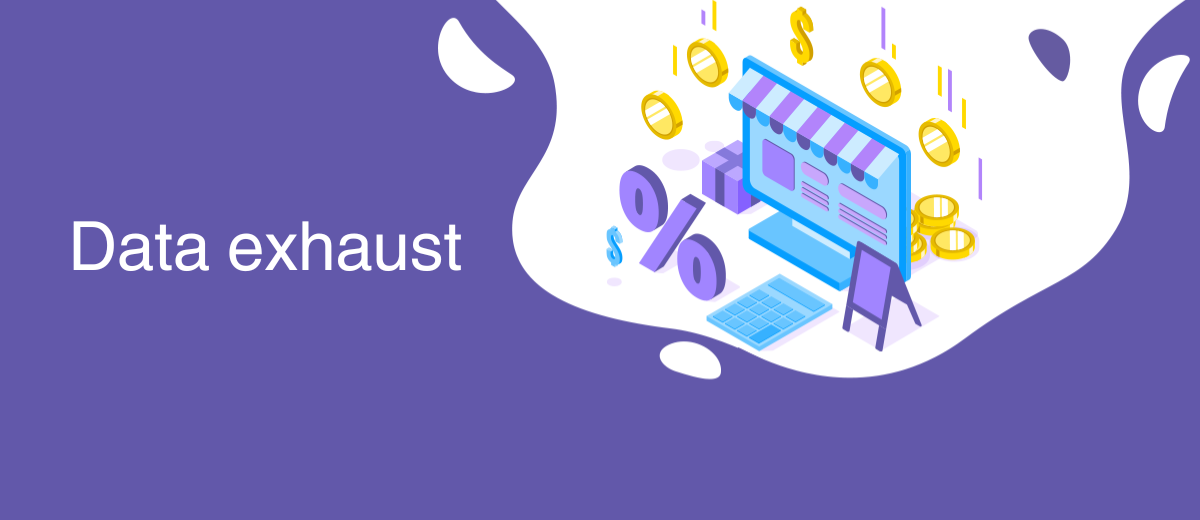Data exhaust
In the digital era, an immense amount of data is generated through everyday online activities, such as browsing websites, using mobile applications, and engaging on social media platforms. This vast collection of information, often referred to as data exhaust, can provide valuable insights for businesses, researchers, and other organizations seeking to understand consumer behavior, preferences, and trends.
Data exhaust can be classified into two main categories: passive and active. Passive data exhaust is generated as users interact with digital platforms without actively contributing content, such as browsing history, clickstream data, and location information. Active data exhaust, on the other hand, refers to the data produced when users actively engage with platforms, like posting on social media, writing reviews, or participating in online discussions.
The analysis and utilization of data exhaust offer numerous benefits, including:
- Personalization: By analyzing data exhaust, businesses can gain insights into individual user preferences and behaviors, enabling them to tailor marketing messages, product recommendations, and user experiences for increased engagement and satisfaction.
- Customer segmentation: Data exhaust allows organizations to identify distinct customer groups based on their behaviors, preferences, or demographic characteristics, which can be used to create targeted marketing campaigns and improve customer retention.
- Trend analysis: By examining data exhaust, businesses can identify emerging trends and patterns, allowing them to make informed decisions, anticipate market shifts, and capitalize on new opportunities.
- Predictive analytics: Leveraging data exhaust and advanced analytics techniques, such as machine learning and artificial intelligence, organizations can forecast future consumer behavior, market trends, and potential risks.
However, there are challenges associated with data exhaust, including data privacy and security concerns. As a result, businesses must adhere to relevant data protection regulations, such as the General Data Protection Regulation (GDPR) and the California Consumer Privacy Act (CCPA), and obtain user consent when necessary. Additionally, organizations must implement robust security measures to safeguard user data from unauthorized access and potential breaches.
In conclusion, data exhaust is a byproduct of the digital age, offering valuable insights into user behavior, preferences, and trends. By effectively collecting, analyzing, and leveraging this data, businesses and organizations can make data-driven decisions, optimize their strategies, and ultimately drive growth. However, it is crucial to prioritize data privacy and security, ensuring that consumer trust is maintained and ethical standards are upheld.
Back Home eCommerce Encyclopedia
Set up integration without programmers – ApiX-Drive
Articles about marketing, automation and integrations on our Blog

